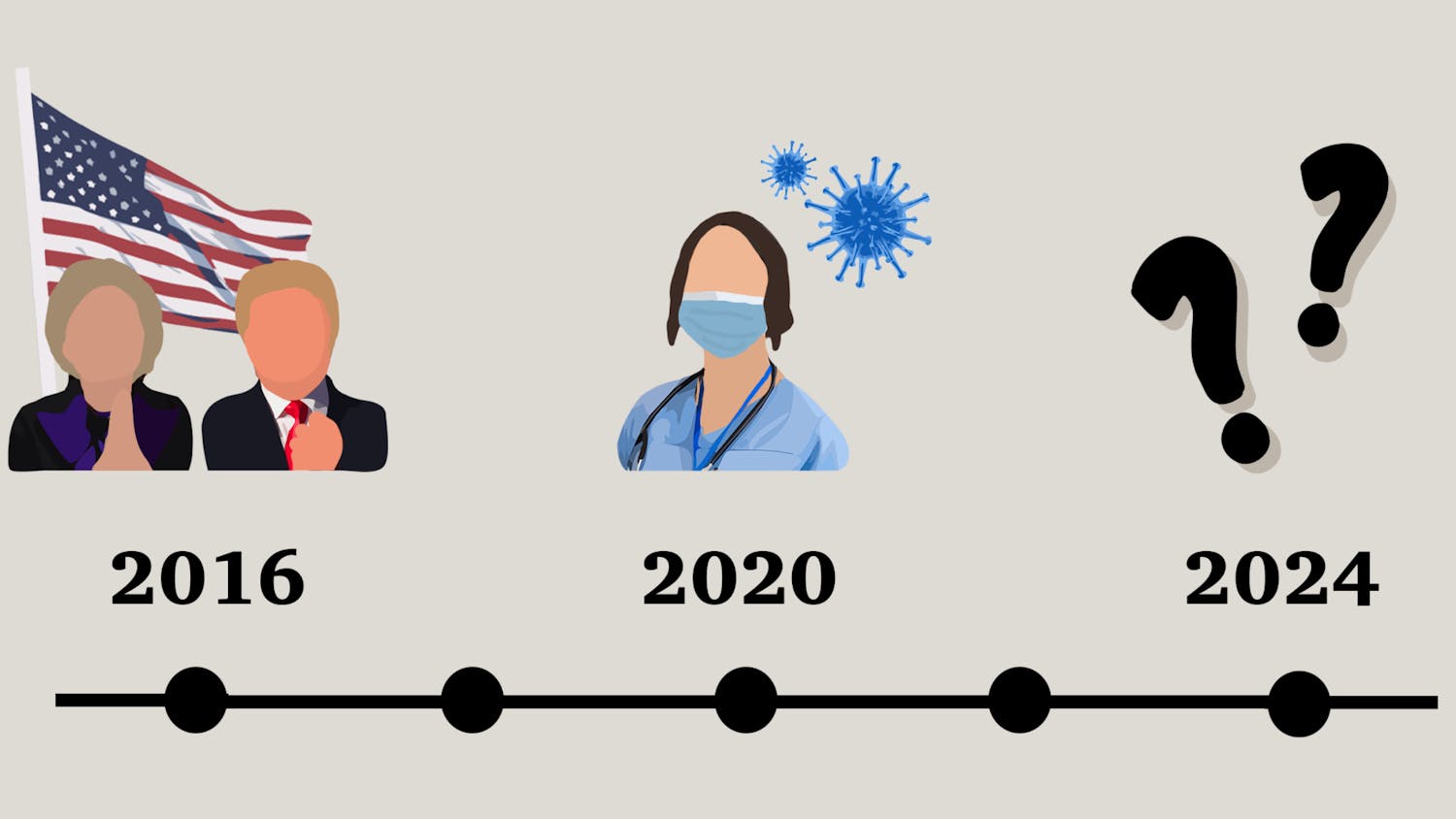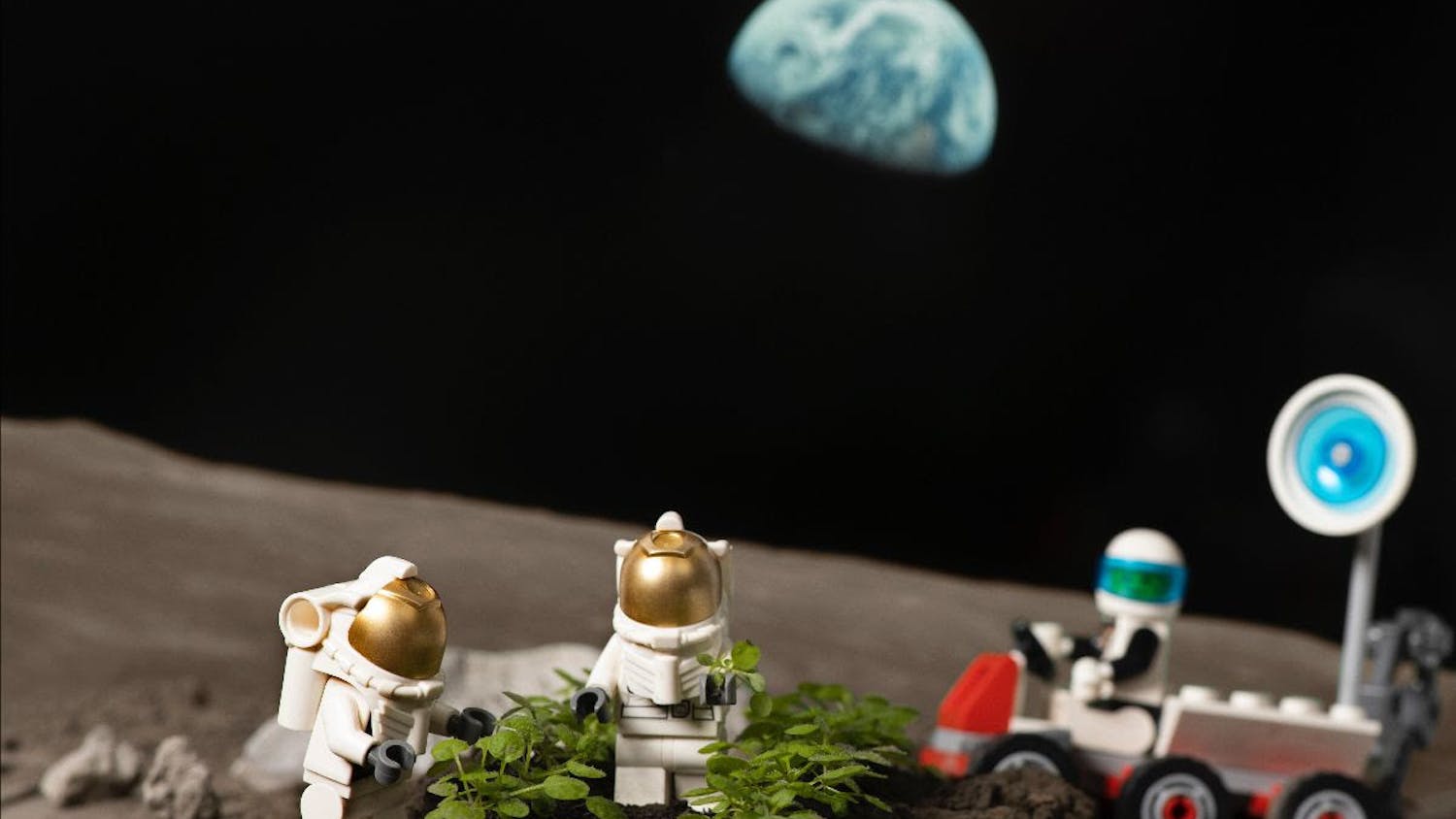A new discovery in gravitational light waves lends more credence to the Big Bang theory, and people at UF involved in the field are weighing in on the discovery.
The BICEP2 telescope was the first to produce specific images of gravitational light waves. Scientists said these images further confirm that a period of “inflation” — or expansion — happened after the Big Bang, CNN reported Tuesday.
“The new experiment really helps uncover more of the details of the Big Bang,” UF physics professor Clifford Will wrote in an email.
Jamie Bock, physics professor at the California Institute of Technology, and Chao-Lin Kuo, a Stanford University assistant physics professor, announced the breakthrough Monday.
Nathan Caldwell, a 22-year-old UF physics, mathematics and software engineering senior, said inflation was a period when the universe expanded faster than the speed of light.
“One reason why the gravitational-wave discovery is so important is that we can see physical evidence for an event that happened seconds after the Big Bang,” Caldwell said.
Previous studies on the Big Bang theory have focused on radiation and temperature deviations from light that existed about 380,000 years after the bang.
In contrast, the experiments using BICEP1 and BICEP2 telescopes looked at the variations in direction of this light.
Will said these “gravitational ripples” are different levels of radiation released by atoms during what theoretical physicists believe to be the universe’s inflationary period. Circular patterns of light — the gravitational waves or ripples — were what BICEP2 researchers had been waiting for.
Will said seven UF physics professors research various types of gravity waves.
[A version of this story ran on page 8 on 3/21/2014 under the headline "Gators share reactions to recent Big Bang discovery"]





